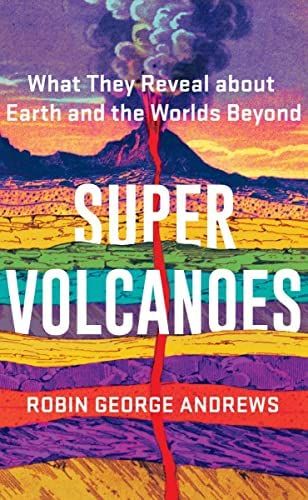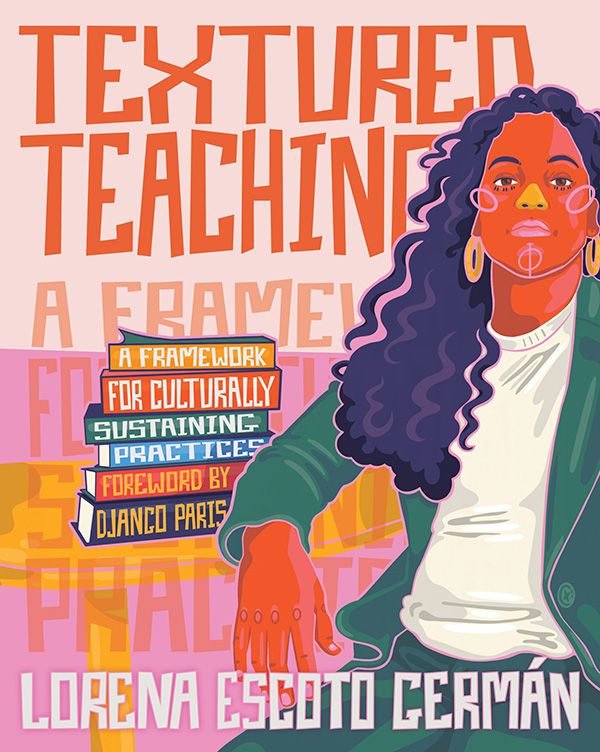We are Montessori homeschoolers, and my son is in what would be first grade in public school; in Montessori, it’s “lower elementary.” The lower el curriculum is, for lack of a better word, pretty magical. The base of Montessori elementary education is cosmic education, which basically means everything is connected: topics in science are connected to topics in math, which are connected to history, and so forth. We see how topics overlap and nothing is really studied in isolation — we’ve seen how the formation of the universe also led to the beginnings of life, and then also how the layers of earth formed. We’ve learned about the history of writing and math, and seen how that’s evolved to today. A big part of Montessori education is the prepared adult: the guide (teacher) needs to take a look at themself, know their limitations and what they need to learn and work on, and prepare their whole self. They also have to practice the presentations they’ll give to the child, and know the material. Same with homeschooling. Because I’m a nerd, I’ve loved this part.
A General Syllabus
For science, we started with the Big Bang and the birth of the universe, so I read Moiya McTier’s The Milky Way: An Autobiography of the Galaxy. Was the reading directly applied to homeschool? No, but it gave me a better idea of the galaxy and was a fascinating read. Another one of the things we’ve learned about so far are volcanoes. I’m sure I learned about them, but I don’t think I paid much attention. But now? I read Super Volcanoes: What they Reveal About Earth and the Worlds Beyond by Robin George Andrews, and I didn’t think I would ever find volcanoes so interesting, but here we are. Being outside in nature doesn’t really come naturally to me, but I think it’s important for kids to be outside and immersed in nature, so I signed my son and I up for a nature school class once a week. Before we started, I wanted to read some books to learn more about nature and children, so I read books like Balanced and Barefoot: How Unrestricted Outdoor Play Makes for Strong, Confident, and Capable Children by Angela J. Hanscom (this was really interesting because my son also gets occupational therapy, and Hanscom is a pediatric occupational therapist) and Last Child in the Woods: Saving Our Children From Nature-Deficit Disorder by Richard Louv. Then there’s history…this is a big one, and I am constantly reading and learning more. Ronald Takaki’s A Different Mirror: A History of Multicultural America is a layered, fascinating look at all of the different people who helped create America, and so much of it is new to me. (There’s also a young reader’s version). Along with history, we do geography because of the overlap, and an ongoing unit study have been the national parks. We’ve been studying the national parks, trails, and monuments, and learning the history behind each place, and I found a graphic novel that keeps his attention (he’s six) but has also taught me a lot: The National Parks: Preserving America’s Wild Places, by Falynn Koch. Koch doesn’t gloss over topics like Native land ownership or governmental corruption, and she covers them in a way that is developmentally appropriate and easy to understand, while also providing in-roads to further discussion with your kids. For language arts and reading, I’ve read things like Wexler’s The Knowledge Gap and Dehaene’s Reading in the Brain. For general education, I’m a big fan of Alfie Kohn’s Punished by Rewards, John Holt’s How Children Learn, Deborah Reber’s Differently Wired, and Carla Shalaby’s Troublemakers. A diverse and inclusive educational approach is important to me, and Liz Kleinrock’s Start Here, Start Now and Lorena Escoto Germán’s Textured Teaching are two that I’ve read and re-read. For homeschooling in particular I also love Raising Free People, by Akilah S. Richards. I could go on and on about what I’ve learned alongside my son — there are the artist studies that we’re doing (this month we’re learning about Marc Chagall), the “Who Was” biography series that’s taught me about Sitting Bull, the Great Barrier Reef, and much more, and the cultural unit studies that are allowing me to learn about different holidays all around the world. We’re weekly fixtures at our two local libraries, and it’s been eye-opening to see how much there is to learn out there. I love the constant reminder that there is always more to learn — it’s humbling. As my son goes down rabbit holes and pursues things during homeschooling that he finds fascinating, as do I. My TBR piles are full of books on religion, parenting, education, U.S. history, world history, nature, geography, and science fiction and fantasy. As someone who always thought I wasn’t much of a history fan, it’s turned out to be one of the topics I lose myself in most often, whether in books or through documentaries. It’s reminded me to never write off a subject because you think you’re not “good enough” or it’s not “your thing.” Sometimes you just need another angle, or another way in. When I started homeschooling my son, I thought it would be a great way to educate him. But what I didn’t expect was the education it would give me, as well. For more books to add to your own personal learning syllabus, check out this post on books for an inclusive look at U.S. history, and this post on the best science books of all time.

